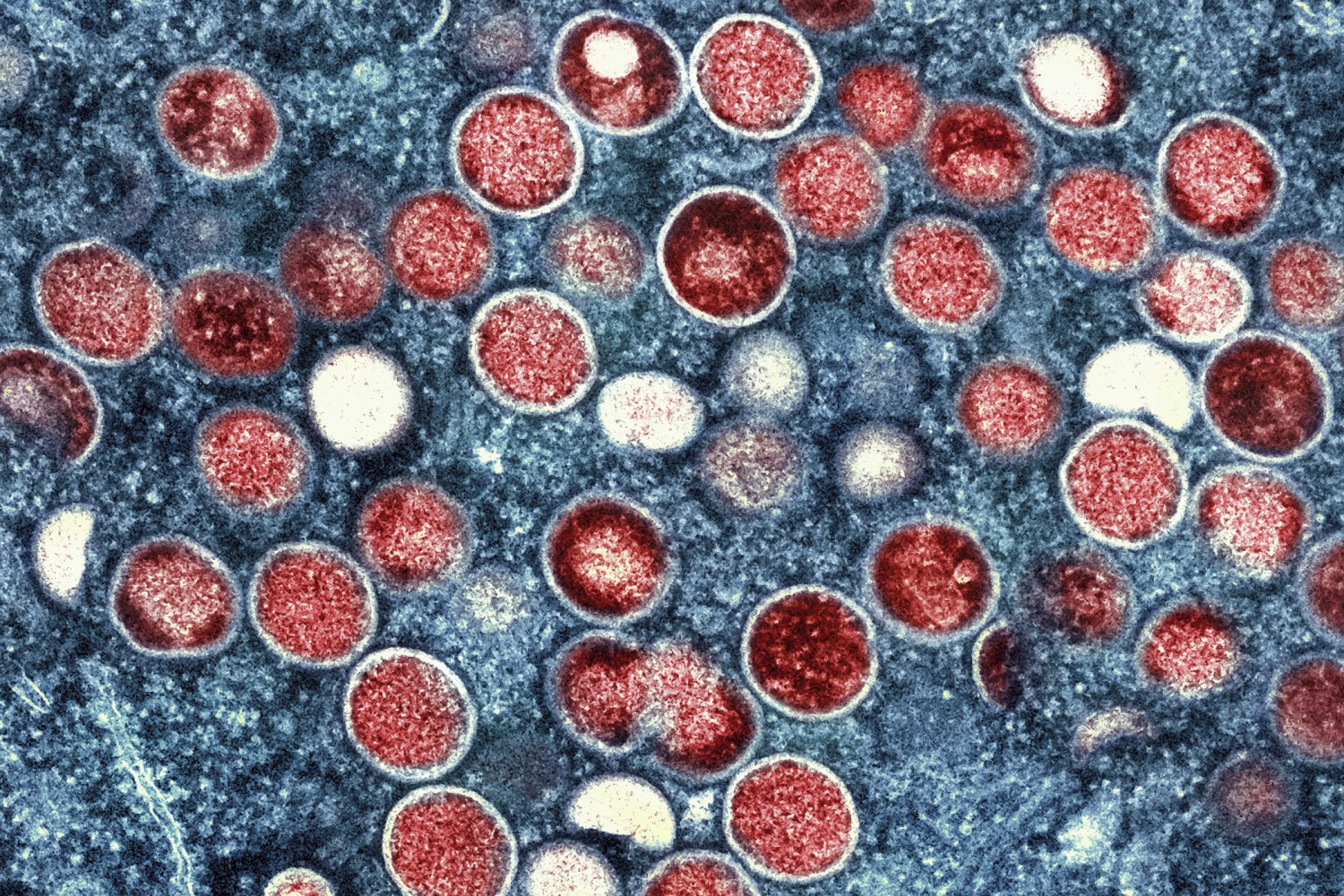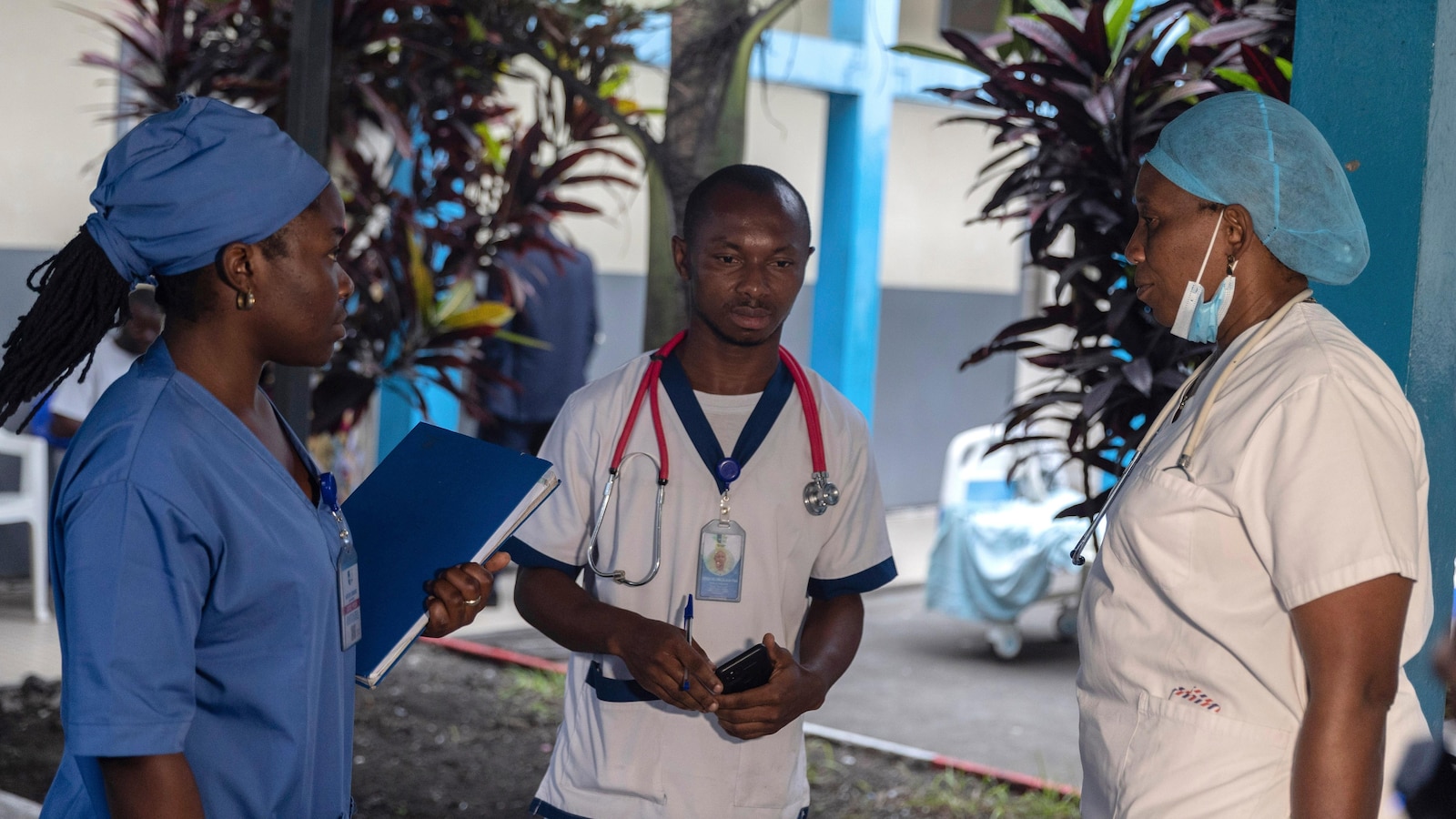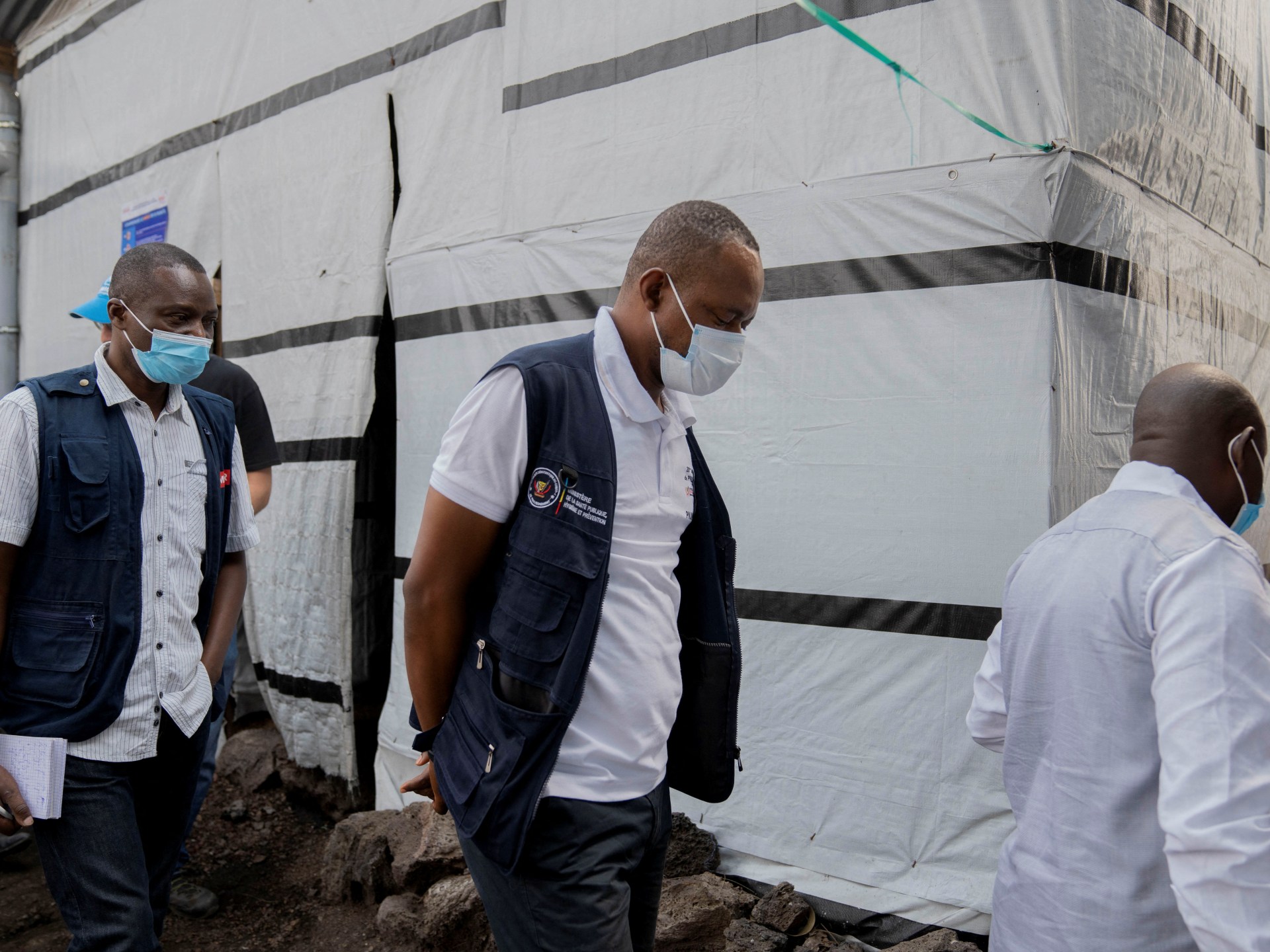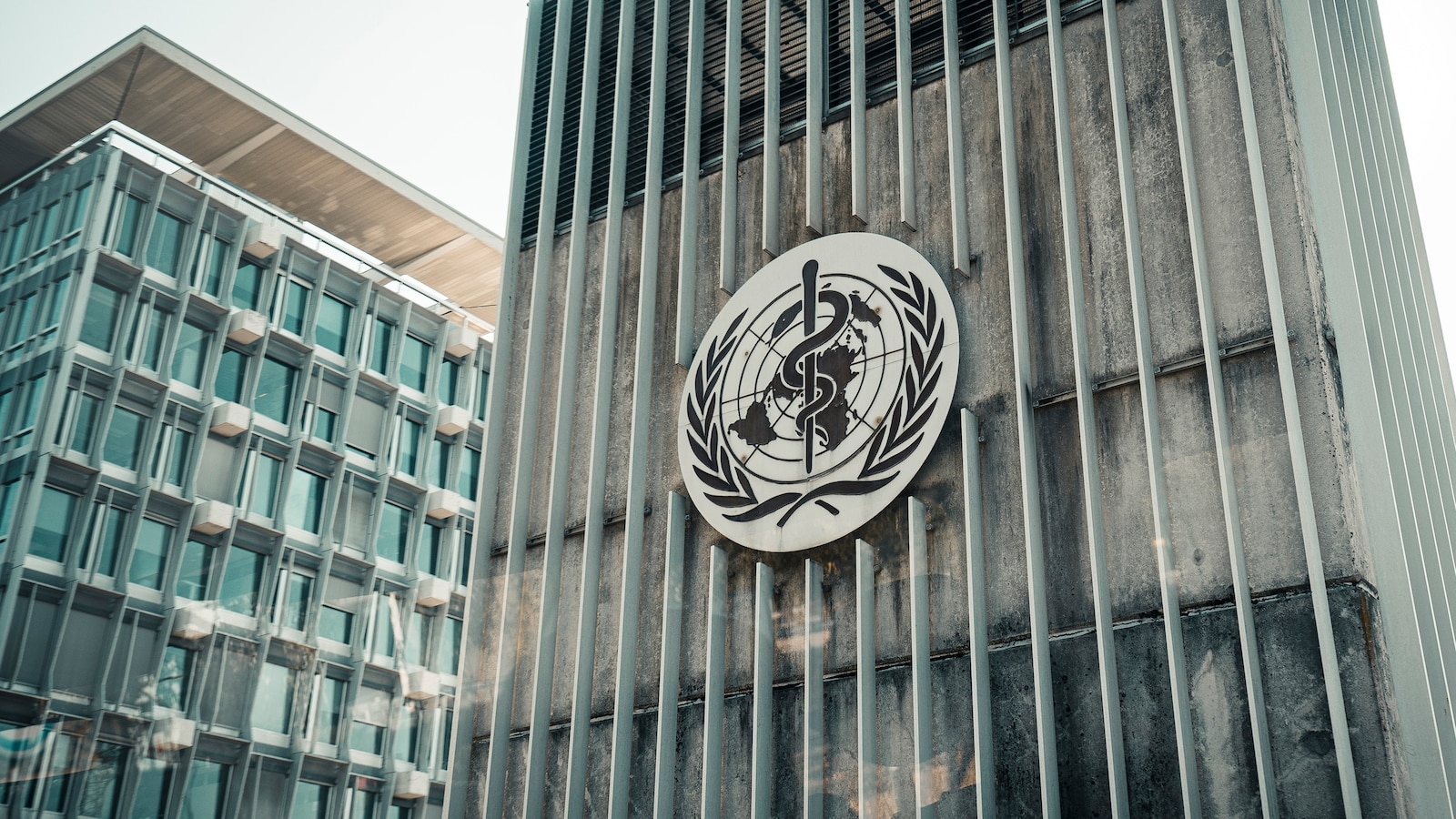WHO Declares Mpox a Global Public Health Emergency Again
A resurgence of the viral infection in Africa prompts global action
The World Health Organization (WHO) has once again declared mpox, formerly known as monkeypox, a global public health emergency. This marks the second time in two years that the WHO has issued its highest level of alert for the disease, which has been spreading rapidly in the Democratic Republic of Congo (DRC) and neighboring countries in Africa.
Mpox is a viral infection that can spread through close contact with an infected person or via direct contact with infected animals or contaminated materials. There are two distinct viral clades of mpox, I and II. Clade I is more transmissible and can cause more severe infections, while clade II is less transmissible and causes milder symptoms.
The current outbreak in Africa is caused by a new version of clade I, known as clade Ib. This strain is more easily transmissible through routine close contact, including sexual contact, and has spread from the DRC to neighboring countries, triggering the WHO’s emergency declaration.
More than 17,000 suspected mpox cases and 517 deaths have been reported on the African continent so far this year, a 160% increase compared to the same period last year. Cases have been reported in 13 countries.
“It’s clear that a coordinated international response is essential to stop these outbreaks and save lives,” said WHO Director-General Tedros Adhanom Ghebreyesus.
The WHO’s emergency declaration will accelerate research, funding, and international public health measures and cooperation to contain the disease. It will also help to ensure that countries have access to vaccines and treatments for mpox.
In the United States, mpox cases have declined considerably since their peak in 2022. However, the CDC has asked doctors to be on alert for mpox among people with characteristic symptoms who have recently spent time in the DRC or neighboring countries.
The CDC has also issued an advisory for people traveling to the DRC and its neighboring countries. These people should practice enhanced precautions and seek immediate medical care if they develop a skin rash.
The U.S. Department of Health and Human Services (HHS) said Wednesday that the country is well prepared to detect and manage any clade I cases that might arise. HHS is donating 50,000 doses of the mpox vaccine to the DRC to address the gap in vaccine availability.
The CDC recommends that people who are exposed to the mpox virus — or who belong to groups with an elevated risk of infection, such as men who have sex with men — receive two doses of the vaccine. It is effective against both clades of mpox.
Mpox usually starts with a rash that can look similar to chickenpox, syphilis, or herpes. The rash typically progresses to small bumps on the skin, then to blisters that fill with whitish fluid. The illness is often accompanied by fever, headache, muscle aches, back pain, low energy, and swollen lymph nodes.
If you think you may have mpox, it is important to see a doctor right away. Early diagnosis and treatment can help to reduce the severity of the illness and prevent complications.



